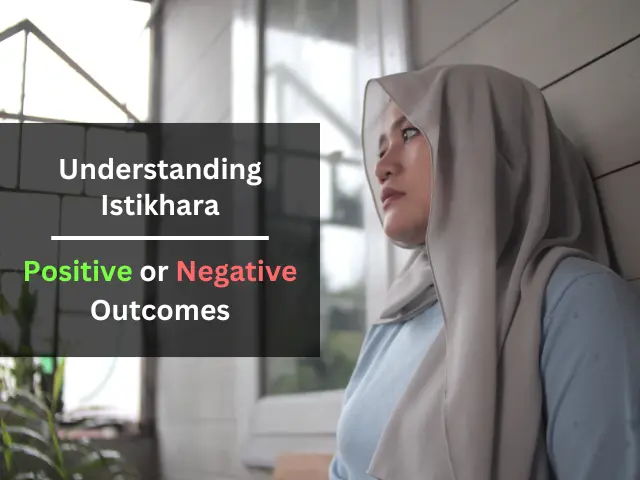Understanding Istikhara: Positive or Negative Outcomes
Istikhara, a prayer for seeking guidance from Allah in making decisions, is a profound aspect of Islamic faith. It’s a way for Muslims to seek clarity and direction when faced with uncertainty. However, a common question that arises is “how to know if istikhara is negative or positive?” This article aims to shed light on this query, offering insights into interpreting the outcomes of Istikhara prayer.
What is Istikhara?
Before delving into the signs of positive or negative outcomes, it’s crucial to understand what Istikhara is. Istikhara, which means “to seek goodness,” is a prayer recited by Muslims when they need divine guidance in making a decision. It’s a way of entrusting one’s affairs to Allah and seeking His counsel in matters where the outcome is uncertain.
How to Perform Istikhara
Performing Istikhara involves two Rak’ahs of voluntary prayer, followed by a specific supplication. The supplication seeks Allah’s guidance in making the right decision, asking for ease in the matter if it’s beneficial and for redirection if it’s harmful.
Signs of Positive or Negative Outcomes
– Feeling of Contentment or Unease
One of the most common ways to interpret the outcome of Istikhara is through your feelings after performing the prayer. A sense of peace, contentment, and ease towards a decision may indicate a positive outcome. Conversely, feelings of unease, discomfort, or persistent doubts could suggest a negative outcome.
– Circumstances and Events
After performing Istikhara, observe the unfolding of events related to your decision. If doors seem to open effortlessly, facilitating the matter you prayed about, it could be a sign of a positive outcome. On the other hand, if obstacles continuously arise, making it difficult to proceed, it might indicate a negative outcome.
– Dreams
While not a primary indicator, some individuals seek signs through dreams. It’s important to note that not everyone will receive a sign through dreams, and the absence of a dream does not imply a negative outcome. If you do experience a dream, consider its content and how it makes you feel, but avoid over-relying on this aspect.
– Consultation and Reflection
In addition to seeking divine guidance, consult knowledgeable individuals and reflect on the matter deeply. Combining Istikhara with logical reasoning and consultation can provide a more comprehensive understanding of the best course of action.
Common Misconceptions
- Expecting Immediate Signs: Patience is key after performing Istikhara. Immediate signs or drastic changes are not guaranteed.
- Overemphasis on Dreams: While dreams can be a form of guidance, they are not the sole indicator of Istikhara’s outcome.
- Neglecting Personal Effort: Istikhara is not a substitute for personal effort and decision-making. It’s a means of seeking divine support in the decision-making process.
Real-Life Examples
Consider the story of Aisha, who performed Istikhara about pursuing a job opportunity abroad. She didn’t experience any vivid dreams but noticed a series of events that facilitated her move, indicating a positive outcome. Conversely, Bilal sought guidance about a business venture and encountered numerous obstacles, leading him to reconsider, which he interpreted as a negative outcome.
Conclusion
Determining whether the outcome of Istikhara is positive or negative involves a combination of factors, including feelings of contentment or unease, the unfolding of events, and, to a lesser extent, dreams. It’s essential to approach Istikhara with an open heart, patience, and the understanding that Allah’s guidance is what’s best for us, even if it’s not immediately apparent. Remember, Istikhara is a means of seeking Allah’s blessing in our decisions, and His guidance is always in our best interest.






